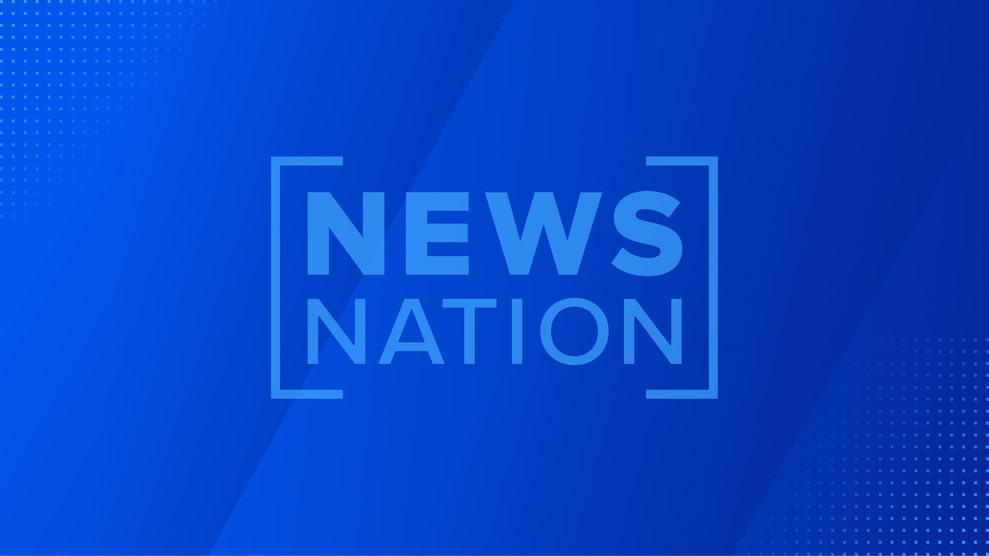(NewsNation) — Two things can be true: Americans are pessimistic about the economy but also feel more confident than they did just a few months ago, according to a pair of consumer measures.
On Friday, the University of Michigan’s consumer sentiment index showed a surge in optimism in early December, erasing four months of declines in one fell swoop.
The index — which measures how people feel about their finances and the state of the economy — is now at its highest level since August. Consumer attitudes had soured in the fall amid soaring mortgage rates and the start of the Israel-Hamas war.
Compared to a year ago, sentiment is up roughly 16% and is currently 39% higher than the all-time low measured in June 2022.
The recent turnaround was primarily driven by increased optimism around inflation, which has eased over the year. The year-over-year inflation rate was 3.2% in October, down from 6.4% in January.
“There was a broad consensus of improved sentiment across age, income, education, geography, and political identification,” survey director Joanne Hsu said in a statement. “Year-ahead inflation expectations plunged from 4.5% last month to 3.1% this month. The current reading is the lowest since March 2021.”
A separate gauge of consumer attitudes — the consumer confidence index — reversed a three-month slide in November. That change was due to consumers’ improved expectations about their economic situation six months from now. Today, Americans are feeling more confident about future business conditions and incomes than they were in September.
Part of that is likely due to the robust jobs market, which has remained strong despite interest rate hikes. The unemployment rate remains historically low and last week dropped from 3.9% to 3.7%. That rate has stayed below 4% for nearly two years, the longest streak since the late 1960s.
On Wednesday, the Federal Reserve left interest rates alone for a third straight time and policymakers signaled cuts could be coming next year.
So far, the widely anticipated recession hasn’t come to pass and the U.S. economy has continued to grow.
Consumer confidence is up but still in recession range
The latest jump in confidence doesn’t mean Americans are suddenly feeling good about the economy. Higher interest rates and low inventory have crushed activity in the housing market and many people are relying on credit cards just to get by.
Credit card balances jumped $48 billion from the second to third quarter of 2023. From the end of 2022 to the first quarter those balances were unchanged.
The 2023 high point for consumer sentiment came in July when the index stood at 71.5, about two points up from the latest reading of 69.4. To put those numbers in perspective, the index was at 101.0 in February 2020 shortly before the pandemic.
The consumer confidence index also hit its 2023 peak in July before dropping throughout the fall. That index now stands at 102, about 20% lower than where it stood in February 2020.
The summer boost marked a brief period of economic enthusiasm. Inflation had fallen to its lowest level in more than two years and the Federal Reserve left interest rates alone after 10 consecutive hikes.
Despite the recent improvement in November, expectations are still at a level that historically signals a recession within the next year, according to the latest consumer confidence report.
Americans’ feelings about the economy matter because consumer spending accounts for roughly 70% of the U.S. economy — a drop-off in confidence could signal trouble on the horizon.
Around two-thirds of consumers surveyed in November still think a recession is “somewhat” or “very likely” over the next year, the report said. That’s slightly down from the 71% who thought so in July.
Economists will know more in the next few months after the holiday shopping season, which could foreshadow the 2024 economy.
The 2024 election looms large
A growing share of consumers mentioned the potential impact of next year’s election in the latest survey, Hsu noted.
“Sentiment for these consumers appears to incorporate expectations that the elections will likely yield results favorable to the economy,” she wrote.
From November to December, consumer expectations rose most dramatically among Republicans.
The positive outlook may stem from the fact that several polls show former President Donald Trump outperforming current President Joe Biden.
Most voters (52%) back Trump over Biden (35%) when it comes to “rebuilding the economy,” according to a new Wall Street Journal poll released Monday. Trump’s lead over Biden is even wider on the issue of getting inflation under control. More than 30% of voters said Trump would handle the economy better than his fellow Republican presidential candidates in the most recent NewsNation/Decision Desk HQ poll.
The disconnect represents a vexing challenge for Democratic strategists who have touted “Bidenomics” successes. Year-over-year inflation has tumbled from 9.1% in June 2022 to 3.2% in October. Consumer spending has remained strong and there hasn’t been the recession that many economists predicted.
The so-called “soft landing” appears to be working for now, but inflation continues to cast a long shadow and Americans realize that many prices aren’t heading back to where they were just a few years ago.
